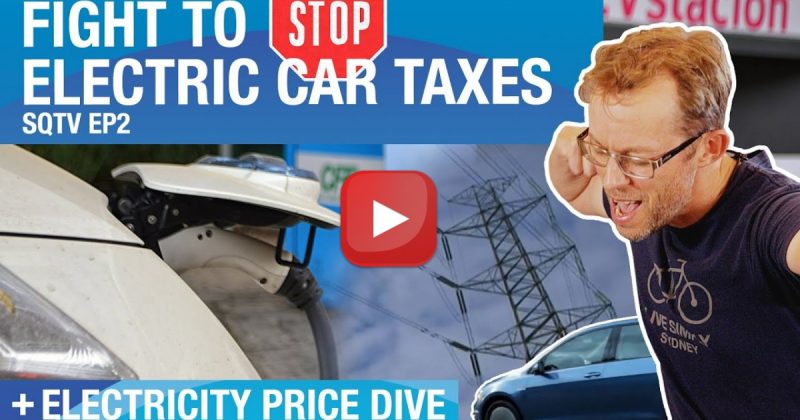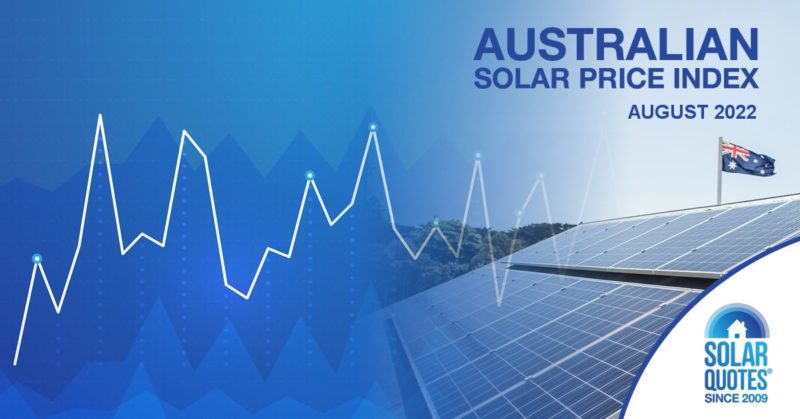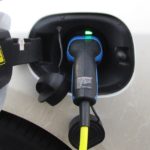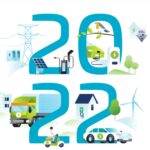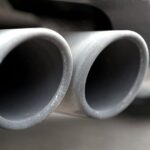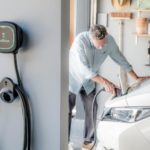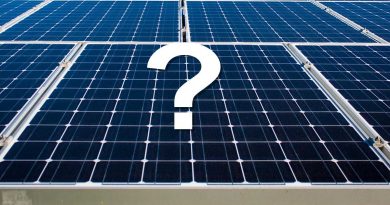Call For AU Fuel Efficiency Standards To Boost EV Availability


Grassroots solar energy advocacy group Solar Citizens says the key to getting cheaper EVs into Australia is introducing fuel efficiency standards.
While electric vehicles are (still slowly) becoming a more common sight on Australian roads, we’re a bit of a backwater compared to some other countries. 10% of new cars sold globally are electric, but in Australia just 2% of car sales are electric vehicles.
Some of the slow uptake can be attributed to sticker shock. While an EV can save a bunch of bucks over its life through fuel and maintenance savings, a purchase involves significant up-front outlay – even with subsidies. Solar Citizens warns without mandatory fuel efficiency standards, there won’t be enough affordable electric cars available here.
“During this cost of living crisis, more Australians are looking for ways to slash their rising household bills and demand for EVs has never been higher,” said Ajaya Haikerwal, Clean Transport Campaigner at Solar Citizens. “But there’s only a limited number of affordable EVs available to Australian consumers – we have a supply issue, and without fuel efficiency standards car-makers will continue to sell their affordable EVs elsewhere.”
The supply issue goes a bit beyond that as the impact extends to more expensive electric cars too, but affordability is certainly a major issue.
The cheapest electric car available here was the MG ZS EV at $42,990 plus on-road costs before any subsidies that may have applied. The new ZS EV Excite that will replace it this month is $46,990. The BYD Atto will be a bit north of $44,000 and we won’t see any here until at least August.
The cheapest electric cars in Australia remain out of reach of many and even if you have the cash, getting your hands on an EV is another challenge.
How Fuel Efficiency Standards Can Improve EV Availability
Back in 2019 – which seems a lifetime ago given the events since – Federal Labor announced the party would introduce fuel efficiency standards for light vehicles to be phased in by 2025 if Labor was elected that year. The reaction, as SQ’s Ronald put it at the time:
“.. some people completely lost their shit.”
Among those who lost at least some of their shit1 and caused others to follow was …drum roll… the Liberal Party, which called it “Labor’s Car Tax”. Then PM-Scott Morrison, well-known for his shit-distribution and amplification prowess, said Labor’s EV policy would also “end the weekend”. As Ronald also pointed out, weekends still exist in those countries with such standards.
And it wouldn’t have been a tax.
Fuel efficiency standards usually place a responsibility on manufacturers to sell enough low emission vehicles in the country where they apply so the average emissions of what they sell across their fleets will meet the benchmark set.
Automakers can still sell high-emissions, petrol guzzling monstrosities that seem to be particularly favoured by folks who really don’t need them, but this supply needs to be offset by more low-emission petrol-sippers in order to avoid a hefty penalty. Or better still, a bunch of zero-emissions electric cars that chew no go-juice at all. And the cheaper those cars are, the more that will be sold and the greater the offset.
Australia wouldn’t be the first country to introduce fuel-efficiency standards – it wouldn’t even be an early adopter. There are dozens of countries with fuel efficiency standards of one type or another in place. Manufacturers supplying vehicles into those countries have stronger incentive sell electric vehicles and overlook countries such as Australia, or make this market a lower priority.
Labor didn’t go to the recent election with fuel efficiency standards in its kit. But perhaps it’s time to add it back in.
“Right now Australia is facing a triple whammy: a cost of living crisis and an energy crisis. And on top of that, we need to address the climate crisis,” said Mr. Haikerwal. “It’s a unique moment for our new federal government to address all three, by implementing fuel efficiency standards to increase the affordability of EVs, which in turn will reduce our rapidly rising transport sector emissions.”
As automakers ramp up EV production, the flow of cheaper electric cars will still happen without fuel efficiency standards in the (hopefully not-too-distant) future. But introduction sooner rather than later or never will be useful in accelerating Australia’s transition from an EV laggard and help meet the Federal Government’s forecast of electric vehicles comprising 89 percent of new car sales by 2030.
Original Source: https://www.solarquotes.com.au/blog/fuel-efficiency-standards-mb2539/

